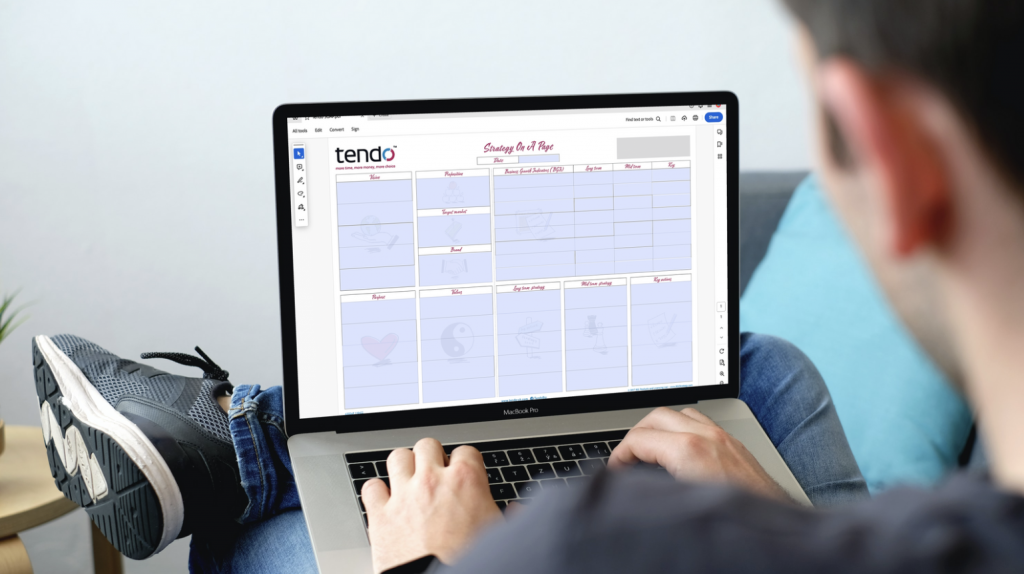I get asked ‘When is the best time to develop a Business Plan?’ all the time. End of the year? Early in the new year? In line with the financial year/ year end?
These are all right and they are all wrong.
There’s a Chinese proverb that states the best time to plant a tree is 20 years ago, the second best time is now.
Developing a comprehensive business plan is vital for the success of any SME. While there’s no universal “perfect” time to craft a business plan, certain periods offer unique advantages for SMEs.
The outset of a new year often heralds an opportune moment for business planning. January symbolises a fresh start, making it an ideal time to evaluate past performance and set new objectives. Reflecting on the previous year’s achievements and setbacks provides valuable insights for refining strategies and setting realistic goals.
Spring (new financial year) brings a sense of renewal and growth, making it another favourable season for business planning. With longer days and a revitalised energy, SMEs can capitalise on this momentum to brainstorm innovative ideas, explore market trends, and adapt their business models accordingly.
However, the best time to develop a business plan ultimately depends on individual circumstances. For instance, if your industry experiences seasonal fluctuations, it might be strategic to plan during slower periods when you have more bandwidth to focus on strategy.
Moreover, aligning your business plan with key milestones like the start of a financial year or before seeking funding can be advantageous. Presenting a well-thought-out plan to potential investors or lenders demonstrates foresight and commitment, enhancing your credibility and chances of securing support.
Regardless of the time chosen, certain principles remain constant in crafting an effective business plan:
Thorough research: Analyse market trends, customer behaviour, and competitor strategies.
- Foundations: Get your vision, values and purpose clearly defined so you have the platform in place for growth.
- Clear objectives: Define achievable short-term, mid-term and long-term goals.
- Financial planning: Develop realistic financial projections and budgets.
- Flexibility: Remain adaptable to unforeseen market changes and opportunities.
Ultimately, the best time to create a business plan is when you’re ready to commit time, resources, and thought into the process. These are the excuses I hear time after time.
With all the excuses, it’s no wonder only 25% of SMEs have a business plan in place that they actually use.
Regularly (ideally monthly but no less than quarterly) revisiting and adjusting the plan ensures its relevance and effectiveness in steering your SME toward success.
When do you traditionally plan?
If you don’t have one and want to get started, you can download my unique planning template here: www.tendo-uk.com/plan
Remember, the second best time to get started is now.


